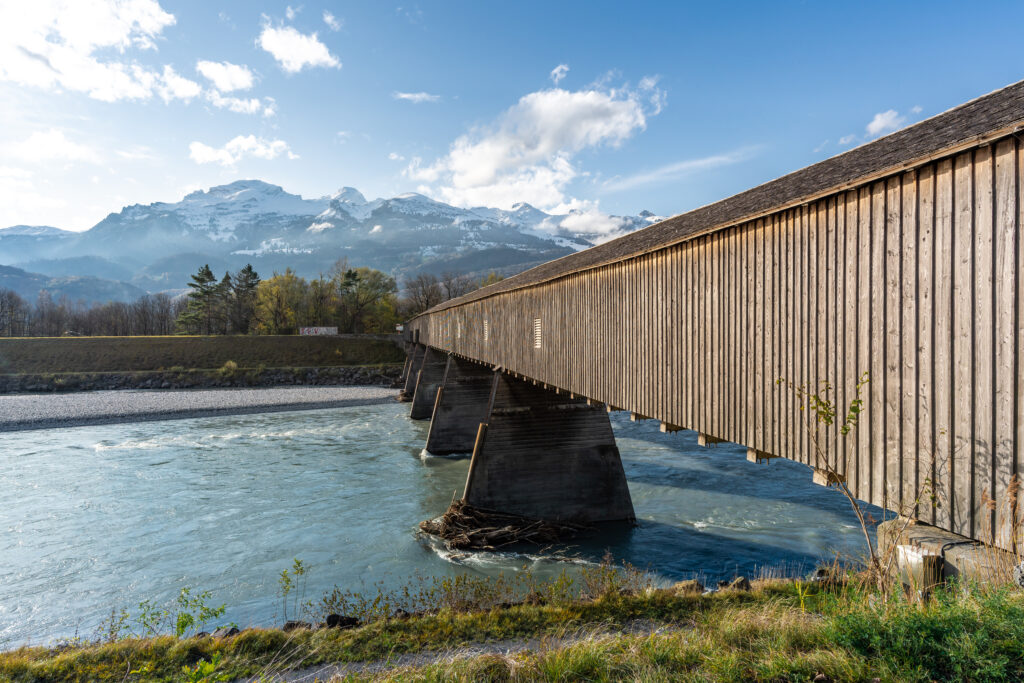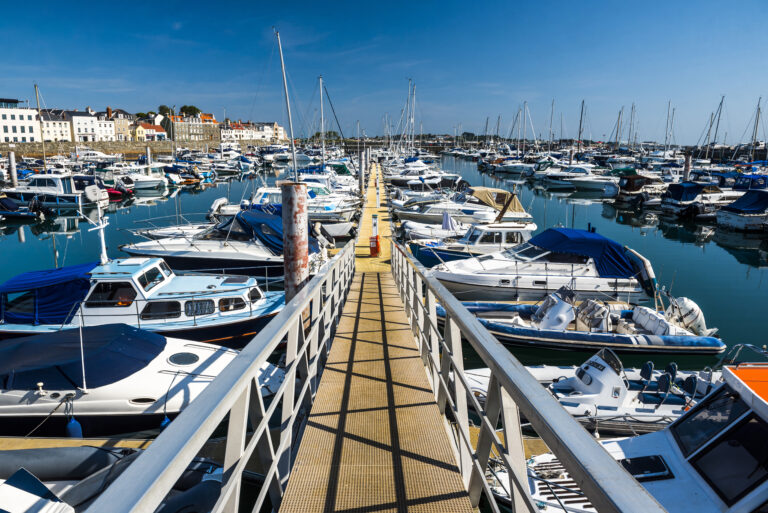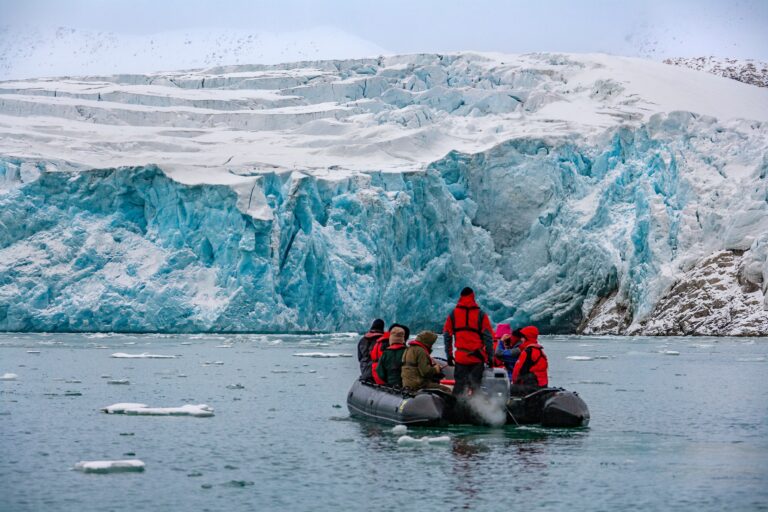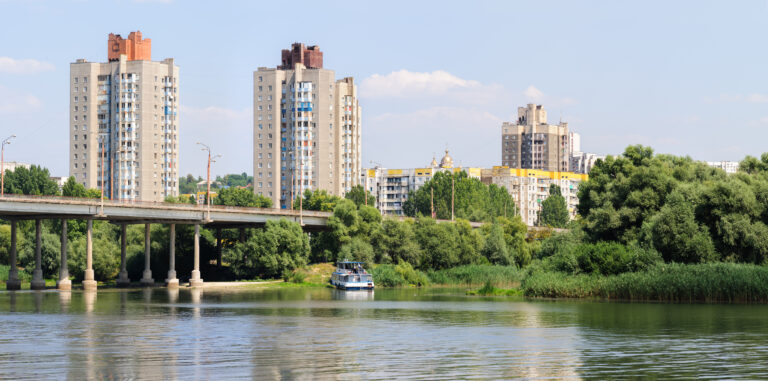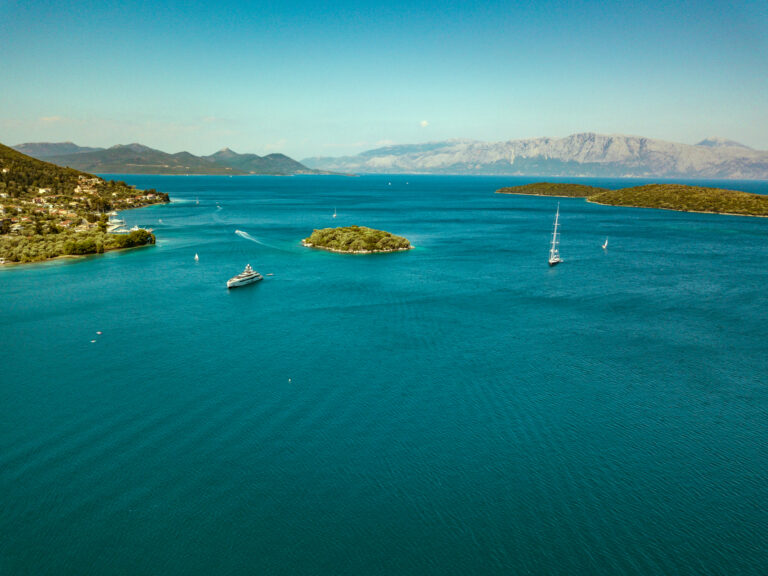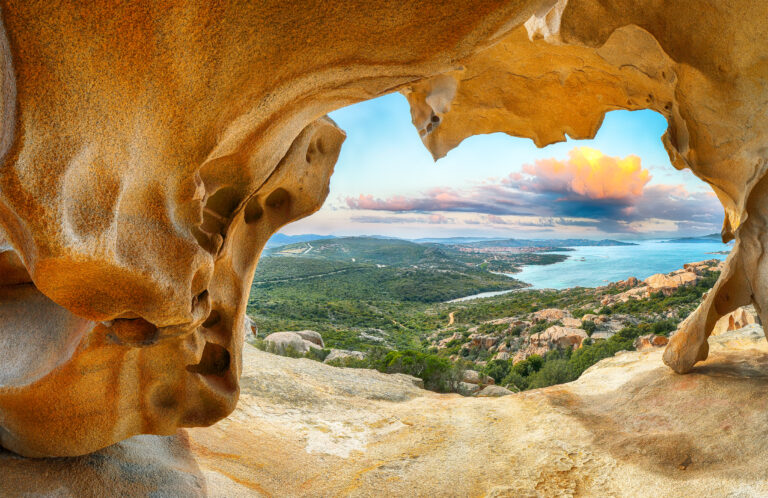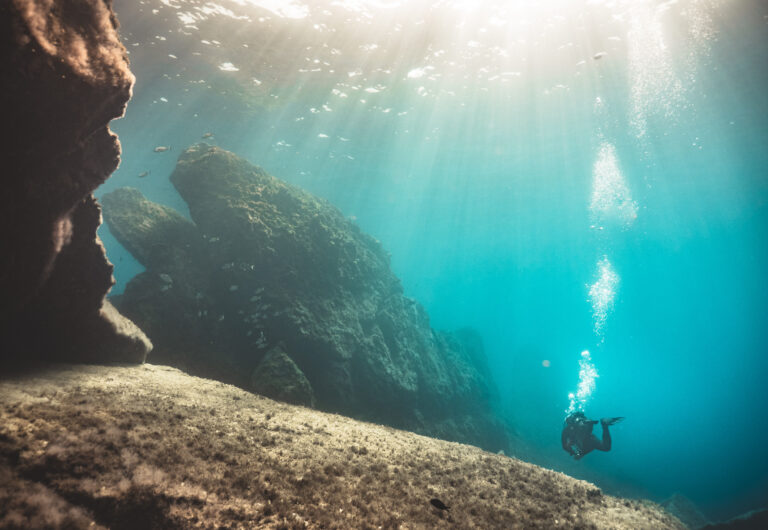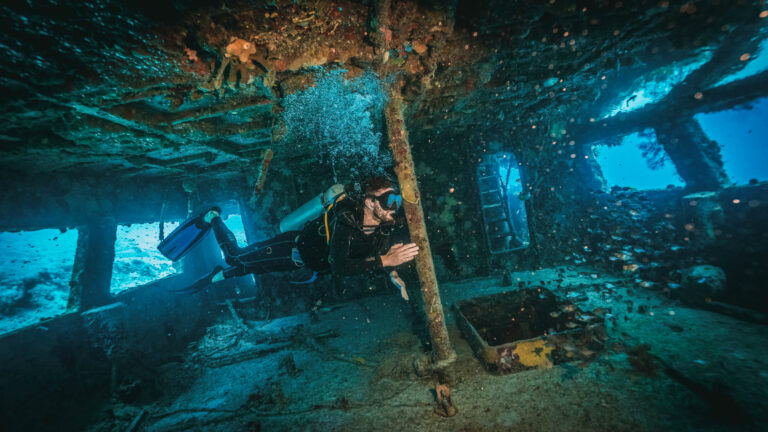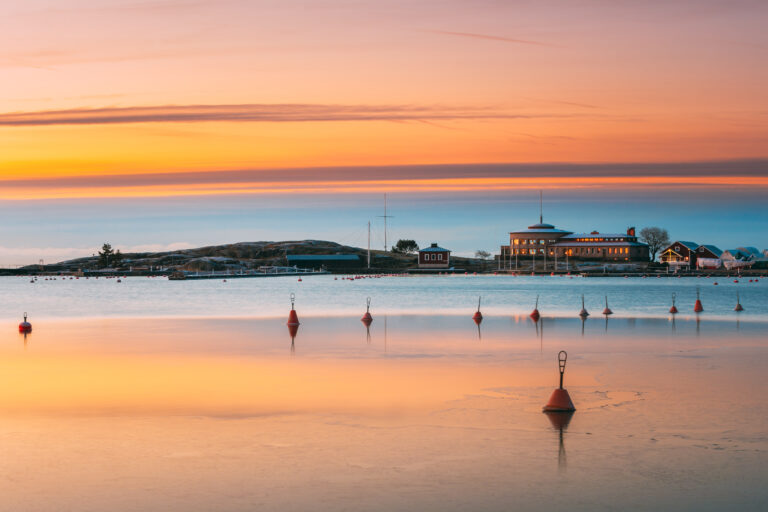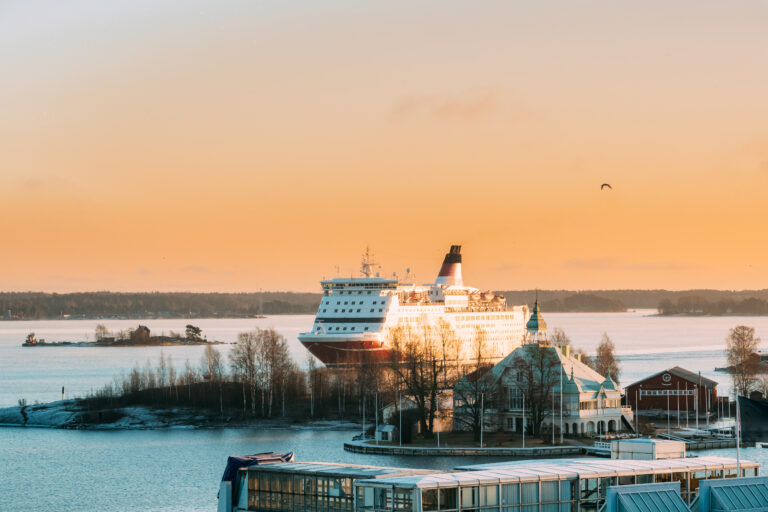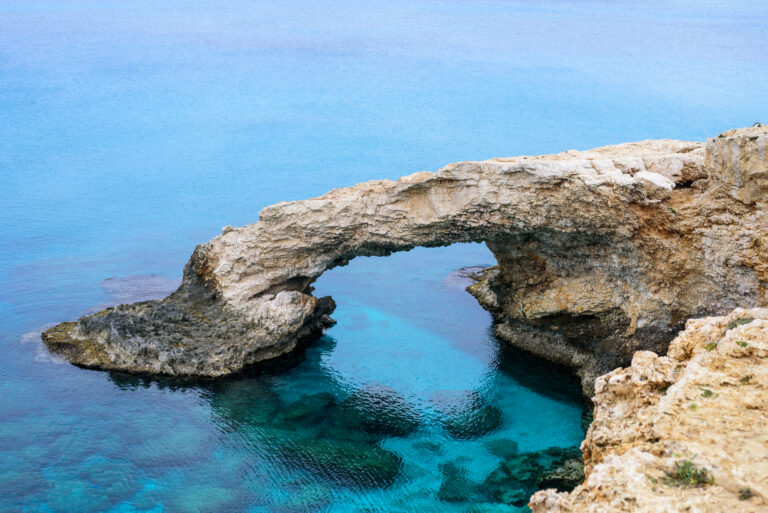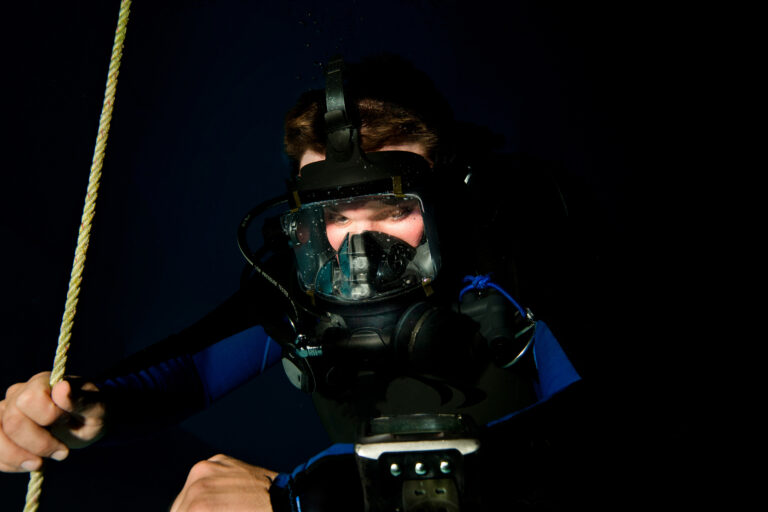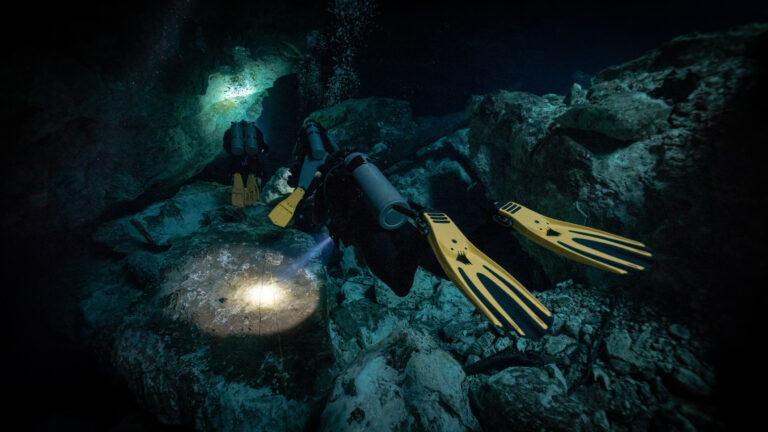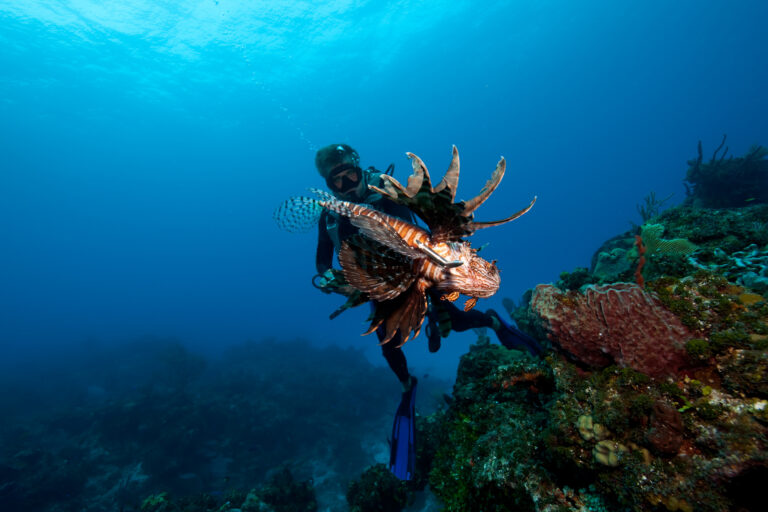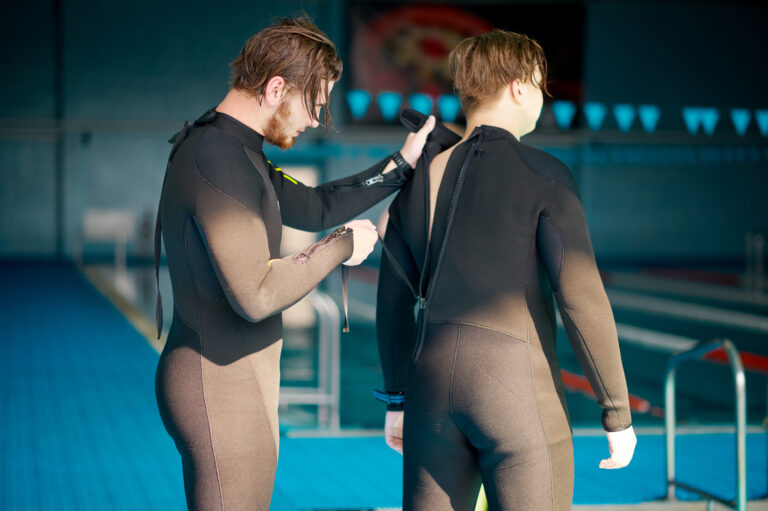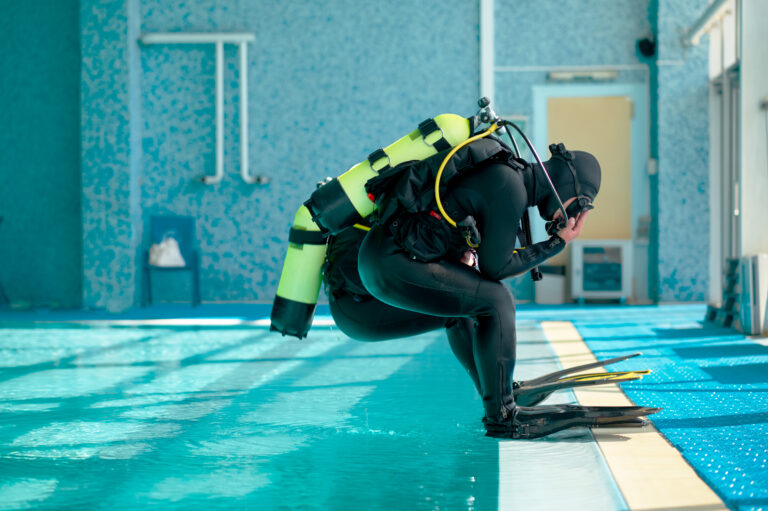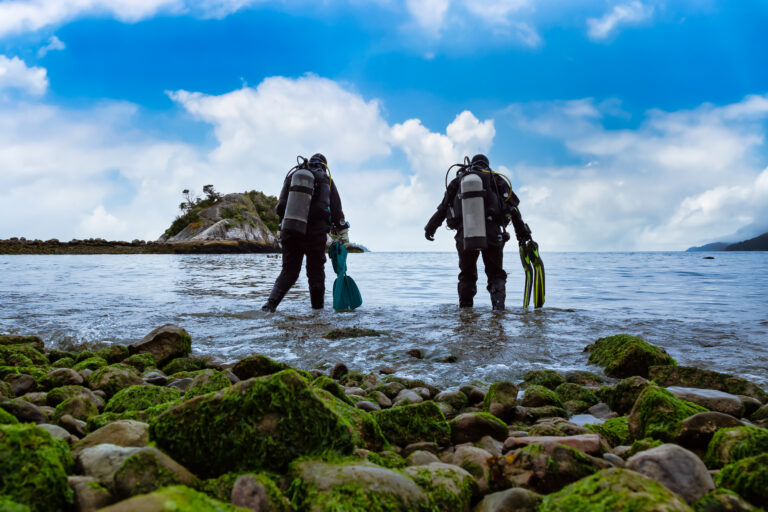SCUBA DIVERS’ TRAVEL GUIDE TO Liechtenstein
If you’re looking for a unique and unforgettable scuba diving destination, look no further than Liechtenstein. This tiny landlocked country in the heart of Europe may not have any coastline, but it has plenty of lakes and rivers to explore. You can dive in crystal-clear alpine waters, surrounded by stunning mountain scenery and wildlife. You can also discover the rich history and culture of Liechtenstein, from its medieval castles and museums to its modern art and cuisine. Liechtenstein is a scuba diver’s paradise where you can enjoy the beauty and diversity of nature in a peaceful and friendly environment. Whether you’re a beginner or an advanced diver, you’ll find something to suit your taste and skill level in Liechtenstein. Don’t miss this opportunity to dive into one of the world’s smallest and most charming countries.
LOCATION AND GEOGRAPHY
Liechtenstein, a doubly landlocked alpine country nestled between Switzerland and Austria, is renowned for its stunning mountainous landscapes rather than traditional scuba diving opportunities. Spanning just 160 square kilometers, it is one of the world’s smallest nations, with no direct access to the ocean or sea. The Rhine River forms part of its western border, and while it offers some freshwater diving experiences, they are limited and not the country’s main attraction. The geography of Liechtenstein is dominated by the rugged terrain of the Alps, with its highest point being the Grauspitz at 2,599 meters. Scuba divers seeking the thrill of exploring underwater realms will need to travel beyond Liechtenstein’s borders to the lakes of Switzerland or the coastal regions of the Mediterranean. However, for those interested in high-altitude diving, nearby Swiss alpine lakes can provide unique diving experiences within a short distance from this quaint principality.
VISA AND ENTRY REQUIREMENTS
Liechtenstein, nestled between Switzerland and Austria, is a landlocked country that does not offer traditional scuba diving experiences. However, for those looking to explore the region’s alpine beauty and perhaps dive in nearby lakes or rivers, it’s important to note that Liechtenstein does not have its own airport or seaport and does not issue visas. Instead, travelers must enter through Switzerland or Austria, which are both part of the Schengen Area. This means that visitors from countries that have a visa-free arrangement with the Schengen zone can enter without a visa for short stays (usually up to 90 days within a 180-day period). For others, a Schengen visa obtained from a Swiss or Austrian diplomatic mission will be required. Ensure that your passport is valid for at least six months beyond your planned departure date from the Schengen area, and check the latest entry requirements before your trip, as visa policies can change.
GETTING TO Liechtenstein
Liechtenstein, nestled between Switzerland and Austria, is a landlocked microstate that, while rich in alpine beauty and outdoor adventure, does not offer traditional scuba diving experiences due to its lack of coastline and absence of large bodies of water. However, for those looking to incorporate scuba diving into a broader European travel itinerary that includes a visit to Liechtenstein, the nearest scuba diving destinations would be the lakes of Switzerland or Austria. To reach Liechtenstein, travelers can fly into Zurich Airport in Switzerland or Munich Airport in Germany and then take a train or rent a car for the scenic drive to this tiny principality. The journey offers a delightful prelude to the alpine charm and cultural experiences that await in Liechtenstein, with the promise of underwater exploration in neighboring countries’ lakes, where divers can discover freshwater ecosystems and perhaps even submerged artifacts from times long past.
BEST TIME TO DIVE
Liechtenstein, nestled between Switzerland and Austria, is a landlocked country known for its medieval castles, alpine landscapes, and vibrant cultural scene, but not for scuba diving as it has no direct access to the ocean. However, for enthusiasts looking to don their wetsuits, the best time to engage in freshwater diving in the region would be during the summer months, from June to August, when the weather is warmest. During this period, divers can explore the clear waters of nearby alpine lakes in the surrounding countries, such as Lake Constance (Bodensee) in Switzerland and Germany, or the Walensee in Switzerland, which are accessible within a short drive. Visibility in these lakes is usually at its peak during summer, and the aquatic life is most active. It’s important to note that while Liechtenstein itself may not offer traditional scuba diving, its central location provides a unique opportunity to explore a variety of freshwater dive sites in the European Alps.
ACCOMMODATION OPTIONS
Liechtenstein, nestled between Switzerland and Austria, is a landlocked country known for its medieval castles, alpine landscapes, and vibrant cultural scene, but not for scuba diving, as it lacks direct access to the sea. However, for those looking to combine a European trip with their scuba diving adventures elsewhere, Liechtenstein offers a range of accommodation options. Visitors can choose from luxury hotels with stunning mountain views, cozy bed and breakfasts that offer a taste of local hospitality, or even charming vacation rentals that provide a home away from home. While planning your scuba diving excursions in neighboring countries, you can enjoy the tranquility and picturesque settings of Liechtenstein’s accommodations, ensuring a restful retreat after a day of underwater exploration.
DIVE OPERATORS AND DIVE SHOPS
Liechtenstein, nestled between Switzerland and Austria, is a landlocked country known for its medieval castles, alpine landscapes, and vibrant cultural scene, but not for scuba diving. As such, you won’t find traditional dive operators or dive shops within its borders catering to oceanic adventures. However, for those looking to explore underwater, the region offers freshwater diving opportunities in nearby lakes in the Swiss and Austrian Alps. Divers can venture to these neighboring countries to find well-equipped dive shops and operators, offering gear rentals, courses, and guided dives in stunning alpine lakes such as Lake Constance (Bodensee) and Lake Walen (Walensee). These dive shops typically provide a range of services for all levels, from beginners to advanced divers, ensuring a memorable experience beneath the surface of these cold, clear waters. Always remember to check for the latest information on dive sites, weather conditions, and necessary permits or regulations when planning your diving trip in the Alpine region.
TRANSPORTATION WITHIN Liechtenstein
Liechtenstein, nestled between Switzerland and Austria, is a landlocked microstate that, while offering an array of alpine adventures, does not provide traditional scuba diving experiences due to its lack of coastline. However, for those looking to explore the country’s terrestrial beauty before or after their aquatic adventures in neighboring countries, transportation within Liechtenstein is both convenient and efficient. The country’s public transportation system, consisting primarily of a well-organized network of buses, connects all major towns and villages. The Liechtenstein Bus is the main operator, offering frequent and reliable services that are especially useful for visitors, as it links to larger train networks in Switzerland and Austria. For a more personalized experience, renting a car is a viable option, giving divers the flexibility to visit nearby lakes or to transport their gear to other dive sites in the region. While Liechtenstein itself may not be a scuba destination, its charming landscapes and easy accessibility make it a pleasant stopover for divers traveling through Central Europe.
CURRENCY AND PAYMENT METHODS
Liechtenstein, nestled between Switzerland and Austria, is not a traditional scuba diving destination due to its landlocked position and lack of natural bodies of water suitable for diving. However, should you find yourself in this picturesque principality with a desire to explore its limited underwater offerings, such as private pools or nearby lake diving across the border, it’s important to note that the official currency is the Swiss Franc (CHF). Credit cards are widely accepted in Liechtenstein, and ATMs are readily available for cash withdrawals. While Euros may be accepted in some establishments due to the proximity to other European countries, it is not the official currency, and exchange rates might not be favorable. It’s advisable to carry Swiss Francs for small purchases and to always check with any dive operators in advance regarding their preferred payment methods. Keep in mind that diving opportunities in Liechtenstein itself are extremely limited, and most divers will opt to travel to neighboring countries where marine experiences are more abundant.
LANGUAGE AND COMMUNICATION
Liechtenstein, nestled between Switzerland and Austria, is a landlocked country that, while offering an array of mountainous landscapes and outdoor activities, does not provide traditional scuba diving experiences due to its lack of coastline and natural bodies of water suitable for diving. However, for those interested in exploring the region’s aquatic possibilities, such as river snorkeling or visiting nearby lake diving sites in the surrounding countries, communication will not pose a significant barrier. The official language is German, and most locals are proficient in English, especially within the tourism sector. Dive operators in the vicinity, if any, will likely have multilingual staff, ensuring that language differences do not hinder your underwater adventure. It’s always appreciated to learn a few basic phrases in German as a sign of respect and to enhance your cultural experience while traveling through this picturesque alpine country.
LOCAL CULTURE AND ATTRACTIONS
Liechtenstein, nestled between Switzerland and Austria, may not be the first destination that comes to mind for scuba diving enthusiasts due to its landlocked position and absence of natural bodies of water suitable for diving. However, this tiny alpine country offers a rich tapestry of cultural experiences and attractions that can complement a diving trip in the surrounding regions. Visitors can immerse themselves in the local culture by exploring the capital city, Vaduz, with its charming streets, the Vaduz Castle, and the Liechtenstein National Museum, which provides insights into the country’s history and art. The nearby wine region offers delightful tastings, and the picturesque landscape is perfect for hiking and enjoying the outdoors. While the principality itself doesn’t cater to divers, its unique blend of cultural offerings and serene mountain scenery provides a tranquil retreat for those looking to relax after exploring underwater sites in neighboring countries.
CULTURAL ETIQUETTE AND TIPS
Liechtenstein, nestled between Switzerland and Austria, is a landlocked country known for its medieval castles, alpine landscapes, and vibrant cultural scene, but not for scuba diving as it has no direct access to the sea. However, if you find yourself in Liechtenstein with your diving gear, you might explore local river diving or take a short trip to neighboring countries with lakes suitable for diving. When engaging with the local community, it’s important to respect their customs. Punctuality is highly valued, so always arrive on time for any diving appointments or social gatherings. Greet people with a firm handshake and maintain eye contact, as this is a sign of respect. When conversing, avoid sensitive topics such as banking secrecy and political issues. Instead, show interest in Liechtenstein’s rich history, art, and the natural beauty of the surrounding region. If invited to a local’s home, it is customary to bring a small gift, such as a box of chocolates or a bottle of wine. Remember to dress conservatively when not in diving attire, especially when visiting religious or historical sites. By showing courtesy and an interest in the local culture, you’ll ensure a warm welcome and an enriching experience in this charming European gem.
LOCAL LAWS AND REGULATIONS RELEVANT TO TOURISTS
Liechtenstein, nestled between Switzerland and Austria, is a landlocked country known for its medieval castles, alpine landscapes, and vibrant cultural scene. However, it is not a scuba diving destination due to the absence of a coastline or significant bodies of water suitable for diving. As such, there are no local laws and regulations specifically relevant to scuba diving tourists within Liechtenstein. Visitors interested in diving should consider traveling to nearby countries with suitable facilities. It is always important for tourists to familiarize themselves with the general local laws and customs, such as respecting nature reserves and adhering to environmental regulations, which in Liechtenstein are particularly stringent to preserve its pristine natural beauty. For water-related activities, tourists can enjoy swimming in public pools or visiting thermal baths, where local regulations and safety standards apply and should be observed for a pleasant experience.
SAFETY TIPS AND EMERGENCY CONTACTS
Liechtenstein, nestled between Switzerland and Austria, is a landlocked country with no direct access to the sea, making traditional scuba diving impossible within its borders. However, for those enthusiasts looking to dive in nearby regions, safety remains paramount. Always ensure that your equipment is in excellent condition and that you are diving within the limits of your certification and experience. Familiarize yourself with the local emergency procedures and contacts, such as the nearest hyperbaric chamber, which could be in neighboring countries. It’s crucial to have travel insurance that covers scuba diving emergencies and to carry a dive computer to monitor your depth and time underwater. Additionally, always dive with a buddy and inform someone on land of your dive plan. In case of an emergency, contact the local emergency services immediately. For Liechtenstein, the universal European emergency number is 112. Remember, safe diving practices are your responsibility and the key to enjoying the underwater world around this beautiful alpine country.
HEALTH AND TRAVEL INSURANCE
While Liechtenstein is a landlocked country nestled between Switzerland and Austria, known for its medieval castles, alpine landscapes, and vibrant cultural scene, it is not a destination for scuba diving due to its lack of coastline and natural bodies of water suitable for the sport. However, if you’re planning to engage in other adventurous activities in Liechtenstein such as hiking, skiing, or exploring its beautiful mountainous terrain, it is crucial to ensure that you have comprehensive health and travel insurance. Your policy should cover medical emergencies, including evacuation and repatriation, as well as trip cancellations and interruptions that could occur. Since unexpected accidents or illnesses can happen, even in the safest of destinations, having the right insurance will give you peace of mind and protect you from potentially exorbitant out-of-pocket expenses. Always check the fine print to confirm that your insurance covers the specific activities you plan to undertake, and consider adding extra coverage for high-risk activities if necessary.

